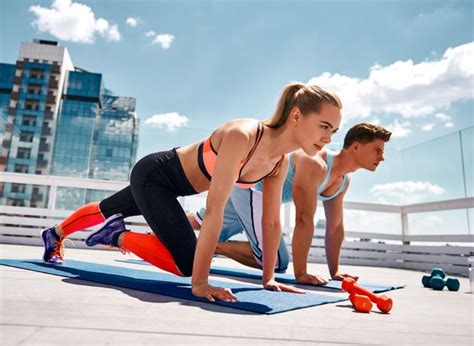Optimal pre-workout meal for explosive energy & focus without a crash?
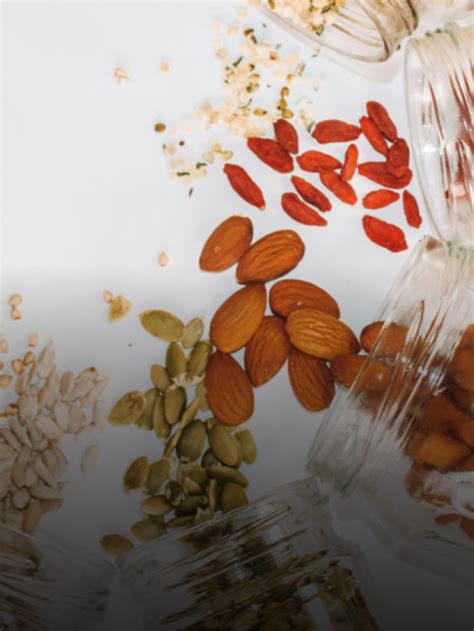
Fueling your body correctly before a workout is a game-changer for performance, endurance, and overall results. A well-planned pre-workout meal can mean the difference between a sluggish, unfocused session and one where you feel strong, energized, and mentally sharp. The goal is to provide sustained energy, prevent muscle breakdown, and maintain focus, all while avoiding digestive discomfort or a sugar crash.
The Core Pillars: Carbohydrates, Protein, and Fats
An optimal pre-workout meal balances the right macronutrients to support your activity. Each plays a crucial, distinct role in preparing your body for exertion.
Complex Carbohydrates: Your Primary Energy Source
Complex carbohydrates are essential for providing a steady release of glucose into the bloodstream, which is your body’s preferred fuel during exercise. Foods like oats, brown rice, whole-wheat bread, sweet potatoes, and fruits offer sustained energy, preventing premature fatigue and helping to maintain blood sugar levels throughout your workout.
Lean Protein: Muscle Protection and Repair
Including a source of lean protein before exercise helps to prevent muscle breakdown during intense activity and kickstarts the recovery process. Options such as chicken breast, turkey, eggs, Greek yogurt, or a plant-based protein powder provide amino acids that are vital for muscle integrity. Aim for moderate amounts to avoid digestive issues.
Healthy Fats: Sustained Energy (in moderation)
While not a primary immediate energy source for high-intensity exercise, healthy fats offer a more sustained, long-burning fuel, especially for longer, lower-intensity workouts. However, they slow down digestion, so keep them minimal in your immediate pre-workout meal to avoid stomach upset. Small amounts of avocado, nuts, or seeds can be beneficial if consumed well in advance.
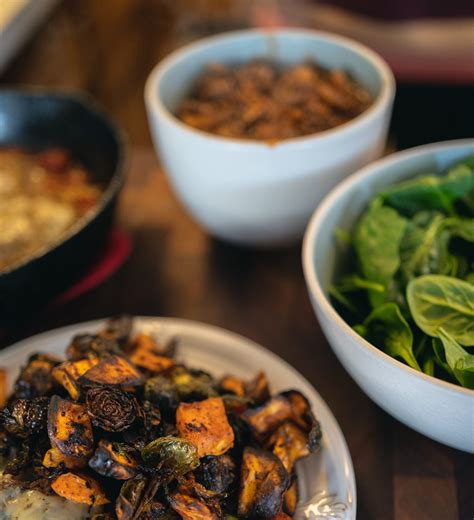
Timing Your Fuel for Peak Performance
When you eat is almost as important as what you eat. The timing dictates how effectively your body can convert the food into usable energy and prevents digestive discomfort.
2-3 Hours Before: A Full, Balanced Meal
If you have ample time, consuming a complete meal with complex carbs, lean protein, and a small amount of healthy fats is ideal. This allows for proper digestion and nutrient absorption, ensuring your energy stores are topped up and stable by the time you start your session.
30-60 Minutes Before: Quick, Easily Digestible Energy
If you’re short on time, opt for a smaller, easily digestible snack primarily composed of simple carbohydrates and a touch of protein. This provides a quick energy boost without weighing you down. Avoid anything high in fiber or fat right before a workout, as these can cause discomfort.
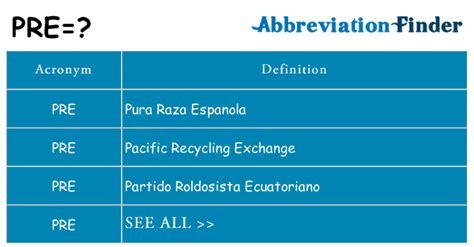
Optimal Pre-Workout Meal Ideas
Here are some practical examples tailored to different timing windows:
- 2-3 Hours Before:
- Oatmeal with berries and a scoop of protein powder.
- Grilled chicken or fish with sweet potato and a small serving of vegetables.
- Whole-wheat toast with avocado and a hard-boiled egg.
- 30-60 Minutes Before:
- Banana or an apple.
- Small handful of dried fruit.
- Rice cakes with a thin spread of almond butter.
- A small Greek yogurt (plain) with a few berries.
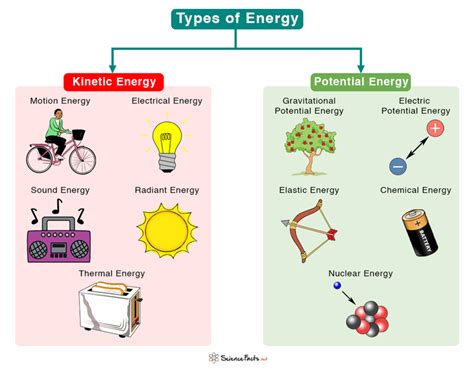
Foods to Approach with Caution (or Avoid)
While the right foods can boost your workout, certain items can sabotage it, leading to discomfort, lethargy, or a crash:
- High-Fat Foods: Fried foods, creamy sauces, and fatty cuts of meat take a long time to digest and can lead to sluggishness and stomach upset during exercise.
- High-Fiber Foods (too close to workout): While healthy, large amounts of fiber right before a workout can cause bloating, gas, and cramping.
- Excessive Simple Sugars: Candies, sodas, and highly processed sugary snacks can provide a quick burst of energy followed by a rapid blood sugar drop, leading to a crash and fatigue mid-workout.
- Spicy Foods: Can cause heartburn or digestive distress in some individuals.

Hydration is Non-Negotiable
Beyond food, adequate hydration is critical for optimal performance. Dehydration can lead to fatigue, reduced endurance, and impaired focus. Aim to drink plenty of water throughout the day and ensure you’re well-hydrated before your workout. A general guideline is to drink 16-20 ounces of water 2-3 hours before exercise, and another 8-10 ounces 20-30 minutes beforehand.
Listen to Your Body: Individualization is Key
Every individual is unique, and what works perfectly for one person may not work for another. Experiment with different foods, timings, and quantities to discover what makes you feel your best and perform optimally. Keep a log of your meals and how you felt during your workouts to fine-tune your strategy. Factors like the intensity and duration of your workout, your metabolism, and personal preferences all play a role.
Crafting the optimal pre-workout meal is a blend of science and self-awareness. By focusing on complex carbohydrates for sustained energy, lean protein for muscle support, and strategic timing, you can unlock explosive energy and razor-sharp focus for every training session, without the fear of hitting a wall or experiencing a dreaded crash. Fuel smart, train hard, and watch your performance soar.
